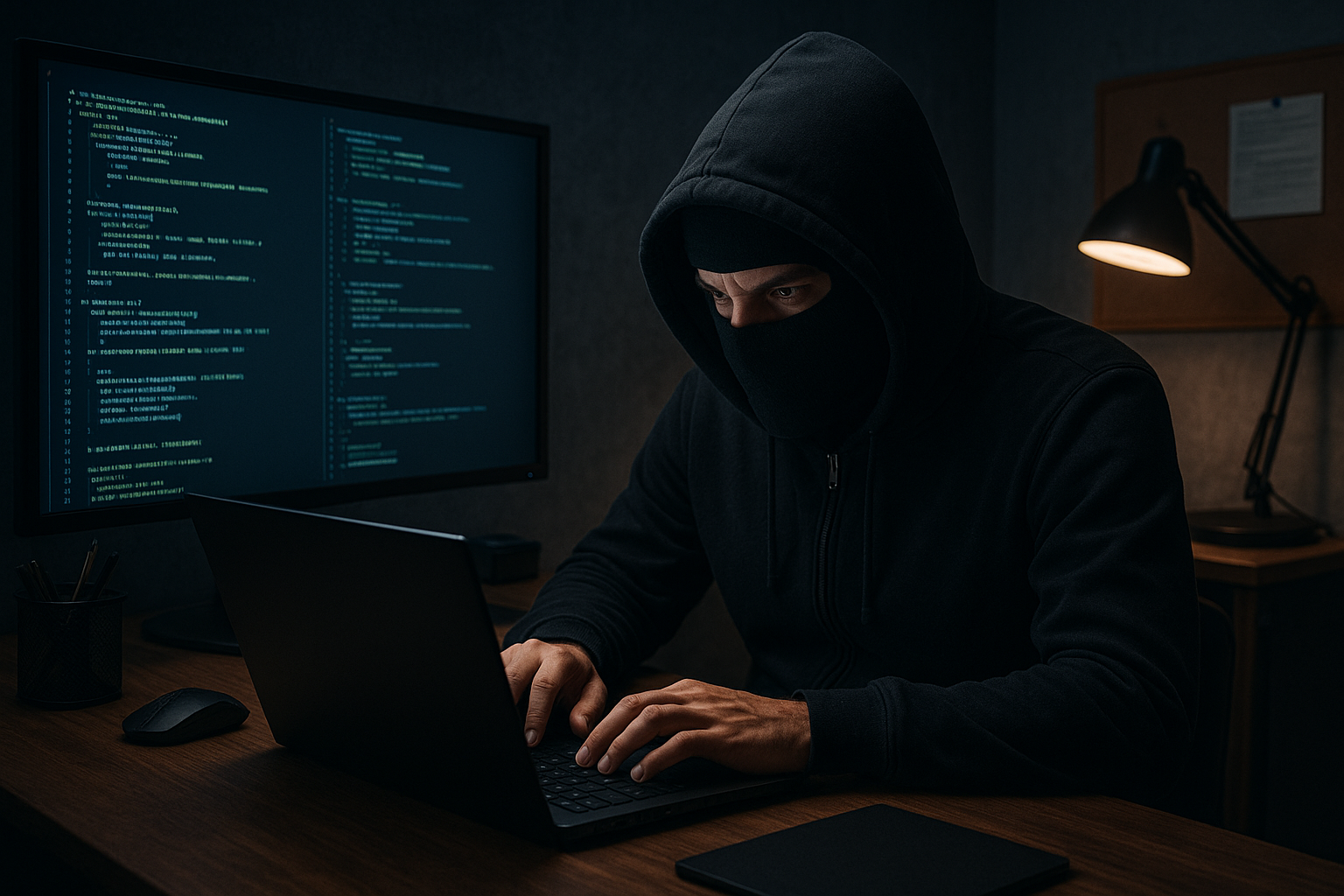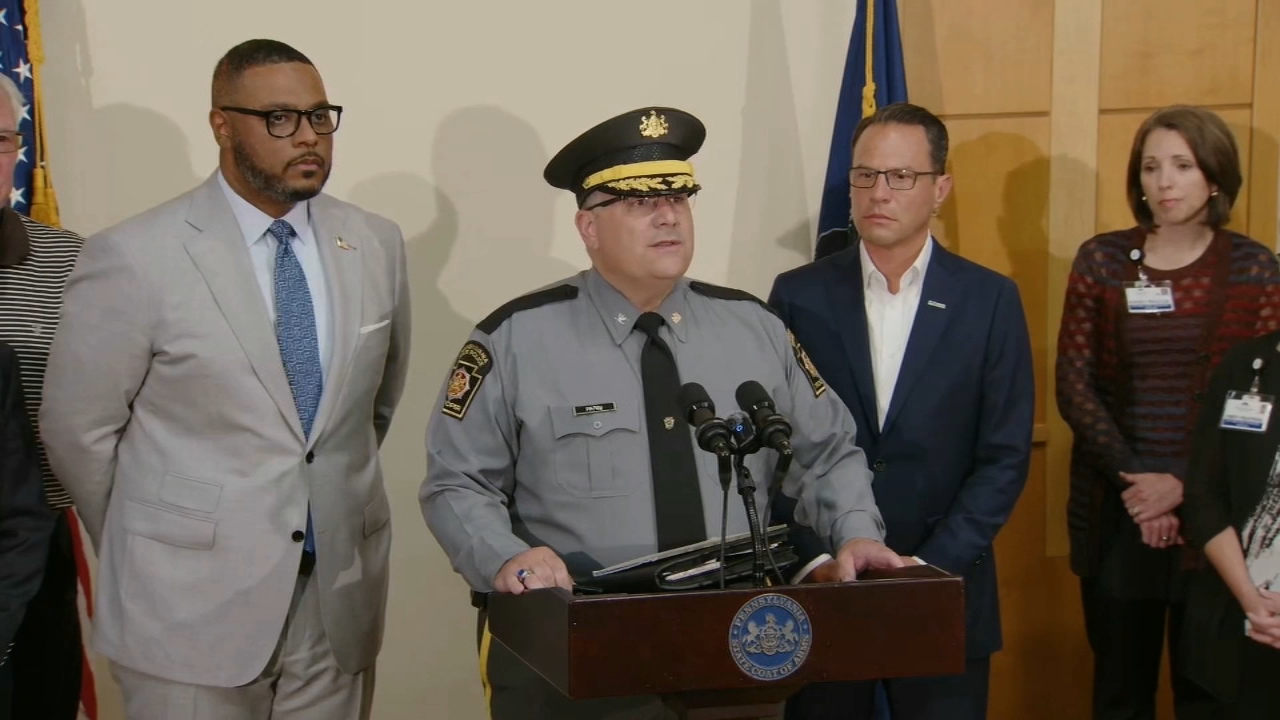When faith meets tragedy, voices rise for change.
In a deeply moving gesture from Vatican City, Pope Leo XIV—the first U.S.-born pope—spoke out after a horrifying school attack in Minneapolis, urging humanity to end the “pandemic of arms, large and small.” His words mingled sorrow with moral resolve, delivering a message both spiritual and urgently topical.
A Voice of Consolation Turned Call to Action
Initially, Pope Leo responded to the Aug. 27 massacre with quiet empathy. In a telegram to survivors and the grieving community, he expressed sorrow over the “terrible tragedy” and affirmed his spiritual closeness to all affected, offering blessings and prayers. But as the pain unfolded publicly, the pontiff’s tone shifted from solace to advocacy.
On Sunday, addressing crowds in St. Peter’s Square during his Angelus prayer, Pope Leo went further—publicly condemning what he described as the “pandemic of arms” afflicting societies worldwide.
Tragic Details of the Minneapolis Massacre
The harrowing attack took place during a school Mass at Annunciation Catholic School in Minneapolis. The gunman opened fire through stained-glass windows, killing two children—Fletcher Merkel (8) and Harper Moyski (10)—and wounding around 18 others.
In his address, Pope Leo prayed:
“Our prayers for the victims of the tragic shooting during a school Mass…Let us plead God to stop the pandemic of arms, large and small, which infects our world.”
A Broader Spiritual and Social Plea
Pope Leo didn’t stop with gun violence. He also urged an immediate ceasefire in Ukraine and appealed for renewed commitment to dialogue in global conflicts.
Echoing his predecessor, Pope Francis—who famously decried weapons manufacturers as “merchants of death”—Pope Leo’s plea is a spiritual plea for justice over violence, fraternity over arms.
Lastly
Pope Leo XIV’s message is a spiritual beacon in the storm of grief—a call not just for prayers, but for transformative action. By invoking a “pandemic of arms,” he demands that the world confronts the needless proliferation of weapons and prioritize lives over violence. His stance highlights the essential role of faith in inspiring societal change—urging us to replace the language of guns with that of justice, peace, and fraternity.


